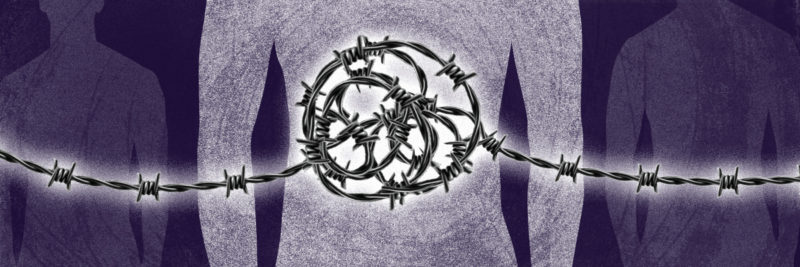I don’t believe it.
I don’t believe it.
Just when you thought you had heard it all.
Schools need rules. Most schools have sensible rules, but do some schools go too far when setting rules for students to follow?
The debate over whether schools should ban mobile phones is one rarely out of the news.
One school in East Anglia introduced a rule that mobile phones could be confiscated for up to four months if brought on to school premises and even stated that pupils feeling unwell would be handed sick buckets so they could remain in school and not miss out on classes. The school said it was to weed out pupils feigning illness to skip class from those genuinely ill.
Tom Bennett, the Government’s behaviour tsar, believes it is too easy to publicly shame a school that is trying to make improvements. “The school appeared to be doing very badly before,” he said. “Where was the outrage then? When the pass rate was around 30 per cent? In my opinion that’s a bigger scandal and we should focus on that far more frequently.” For Bennett, all schools should be strict, but only if strict means having high expectations and carrying through with what they say the will do. “Children need to know that we believe they are capable of great things. Accepting less than that is a failure on our part to believe in them,” he adds.

A school in Yorkshire proclaimed the following ‘You must not…..’
Look out the window
Say ‘why’ sarcastically
Walk too slowly
Answer ‘yeah,yeah’
Say ‘dunno’
Raise your eyebrows
In response to those that regard such rules as draconian and would argue they deny children their rights, others would say that at some point in our lives (if we want to get work), we have to learn to listen, to accept authority and to face the fact that someone else might know more than we do.
Although at first our reaction might be to scream ‘I don’t believe it’, upon reflection we might see that such rules are about setting high expectations, politeness, courtesy and learning to live with and respect others.





